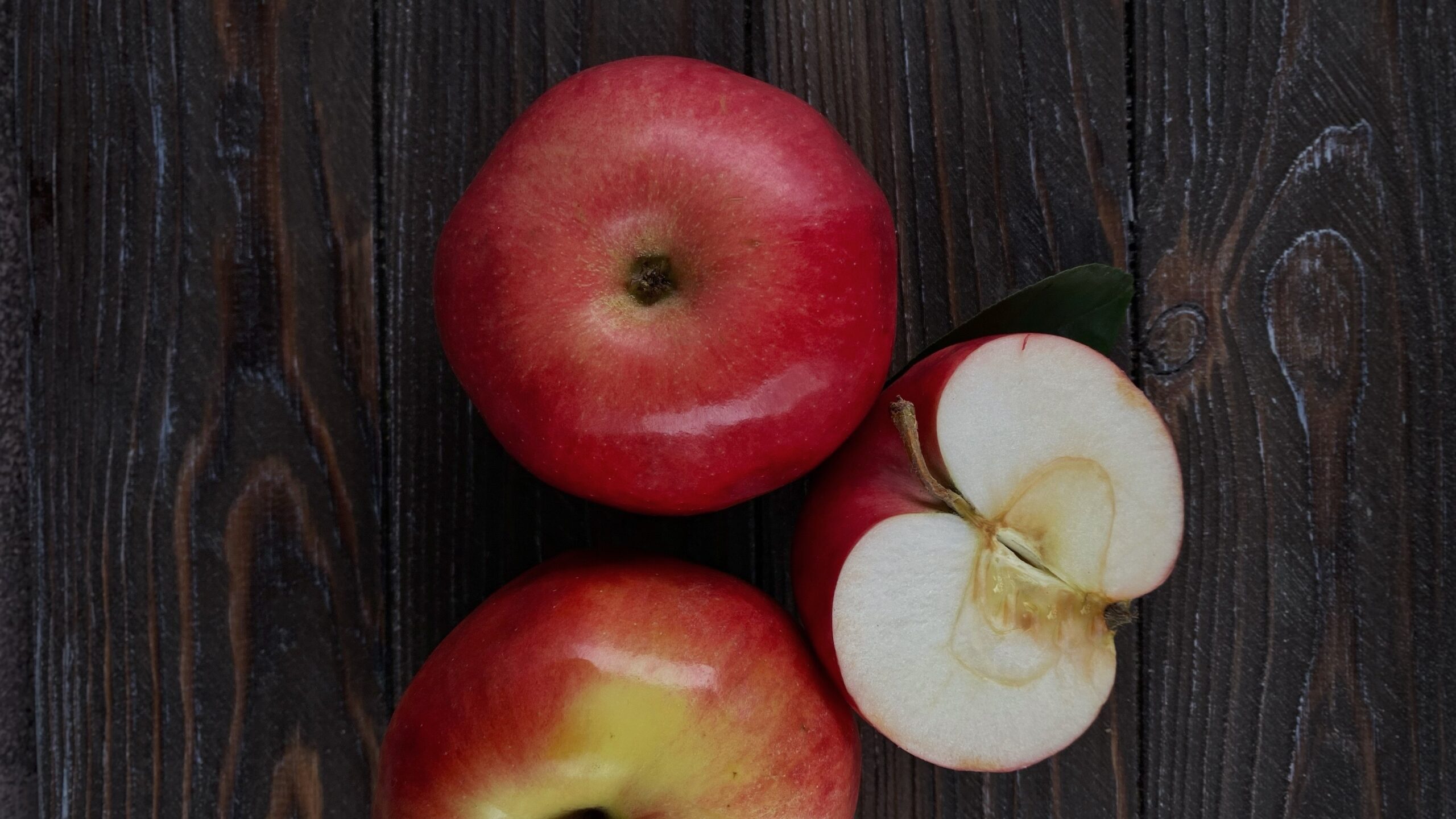Table of Contents
Introduction
Benefits of food farming In this articlewe will explore the shift from tobacco farming to food production and why it has become a top agricultural awakening. The decline of tobacco farming has prompted farmers to seek alternative crops that offer environmental sustainability, economic benefits, and promote community well-being. This shift not only brings positive changes to the farming industry but also contributes to a healthier society overall.
The Decline of Tobacco Farming

Tobacco farming has a long history, but in recent years, it has faced significant challenges. Changing consumer preferences, increased regulation, and public health concerns have led to a decline in demand for tobacco products. Farmers who relied on tobacco as their primary crop have been searching for viable alternatives to sustain their livelihoods.
The Rise of Food Production
Amidst the decline of tobacco farming, food production has emerged as a promising alternative. Growing food offers numerous advantages, both for farmers and the broader community. Let’s explore the reasons why growing food surpasses tobacco farming in various aspects.
Environmental Impact
One of the critical factors favoring food production over tobacco farming is its positive environmental impact. Tobacco crops require heavy pesticide and fertilizer use, which contributes to soil degradation and water pollution. On the other hand, growing food encourages sustainable farming practices such as organic methods, crop rotation, and integrated pest management, reducing the reliance on harmful chemicals and preserving soil health.
Economic Benefits
Transitioning from tobacco farming to food production can bring significant economic benefits to farmers. The demand for locally grown, organic produce has been steadily increasing as consumers prioritize healthier and sustainable food options. Farmers can tap into this growing market, leading to higher profitability and increased revenue. Moreover, diversifying crops can provide stability in income, as food prices tend to be more stable than those of tobacco.
Health and Nutritional Value
Another crucial aspect where food farming outshines tobacco farming is in the realm of health and nutrition. Tobacco is known for its harmful effects on human health, causing various diseases, including cancer. On the contrary, growing a diverse range of fruits, vegetables, and grains ensures access to fresh, nutritious food, promoting better health outcomes for individuals and communities.
Community Building
Food farming offers an opportunity to strengthen local communities. Farmers markets, community-supported agriculture (CSA) programs, and farm-to-table initiatives create direct connections between farmers and consumers. These relationships foster a sense of community, support local economies, and promote sustainable food systems that benefit everyone involved.
Sustainable Practices
The shift to food farming aligns with the principles of sustainability. By implementing sustainable practices such as conservation tillage, water-efficient irrigation, and agroforestry, farmers can reduce their environmental footprint while maintaining productive and profitable operations. Sustainable farming practices also contribute to soil conservation, biodiversity preservation, and carbon sequestration, mitigating the effects of climate change.
Government Initiatives
To support the transition from tobacco farming to food production, governments around the world have implemented various initiatives. These include providing financial incentives, offering technical assistance, and establishing educational programs to equip farmers with the necessary knowledge and resources for successful agricultural diversification. Government support plays a crucial role in facilitating a smooth transition and ensuring the long-term viability of food farming.
Technological Advancements
Advancements in agricultural technology have further facilitated the shift towards food farming. Precision agriculture, automation, and innovative farming techniques enable farmers to improve productivity, reduce resource waste, and optimize crop yields. These technologies empower farmers to make data-driven decisions, leading to more efficient and sustainable food production.
Challenges and Solutions
While transitioning from tobacco farming to food production brings numerous benefits, it is not without its challenges. Farmers may face barriers such as lack of knowledge about food crops, market access, and financial constraints. However, through collaboration with agricultural experts, participation in training programs, and accessing funding opportunities, these challenges can be overcome. Governments, nonprofits, and agricultural organizations play a vital role in providing the necessary support and resources to address these obstacles.
Tips for Transitioning to Food Farming
If you are a tobacco farmer considering transitioning to food farming, here are some tips to help you along the way:
- Research and identify suitable food crops for your region.
- Seek guidance from agricultural extension services or local experts.
- Develop a business plan and explore market opportunities.
- Network with other farmers and join relevant associations.
- Start small and gradually expand your food production.
Success Stories
Numerous success stories exemplify the positive outcomes of transitioning from tobacco farming to food production. Farmers who have embraced this shift have experienced increased profitability, improved environmental stewardship, and enhanced community well-being. These success stories serve as inspiration and proof that a transition to food farming is not only possible but also highly rewarding.
Conclusion
The top agricultural awakening lies in the transition from tobacco farming to food production. This shift brings forth a multitude of benefits, including environmental sustainability, economic advantages, improved health and nutrition, community building, and the adoption of sustainable practices. As more farmers recognize the potential of growing food, they contribute to a brighter and healthier future for both the agricultural sector and society as a whole.
FAQs
1. Can tobacco farmers switch to food farming without incurring significant losses? Yes, tobacco farmers can transition to food farming with careful planning, research, and support from relevant agricultural agencies. While challenges may arise, the long-term benefits outweigh the initial adjustments.
2. How does food farming benefit the local community? Food farming strengthens local communities by promoting direct farmer-consumer relationships, supporting local economies, and creating sustainable food systems. It also provides access to fresh and nutritious produce.
3. What are some sustainable practices in food farming? Sustainable practices in food farming include organic farming methods, crop rotation, water-efficient irrigation, conservation tillage, and agroforestry. These practices contribute to environmental preservation and long-term viability.
4. Are there government initiatives to support the transition to food farming? Yes, governments worldwide have implemented initiatives to support farmers in transitioning from tobacco farming to food production. These initiatives may include financial incentives, technical assistance, and educational programs.
5. How can farmers overcome challenges when transitioning to food farming? Farmers can overcome challenges by seeking guidance from agricultural experts, participating in training programs, networking with other farmers, and accessing funding opportunities. Collaboration and support are key to a successful transition.





Can you be more specific about the content of your article? After reading it, I still have some doubts. Hope you can help me.